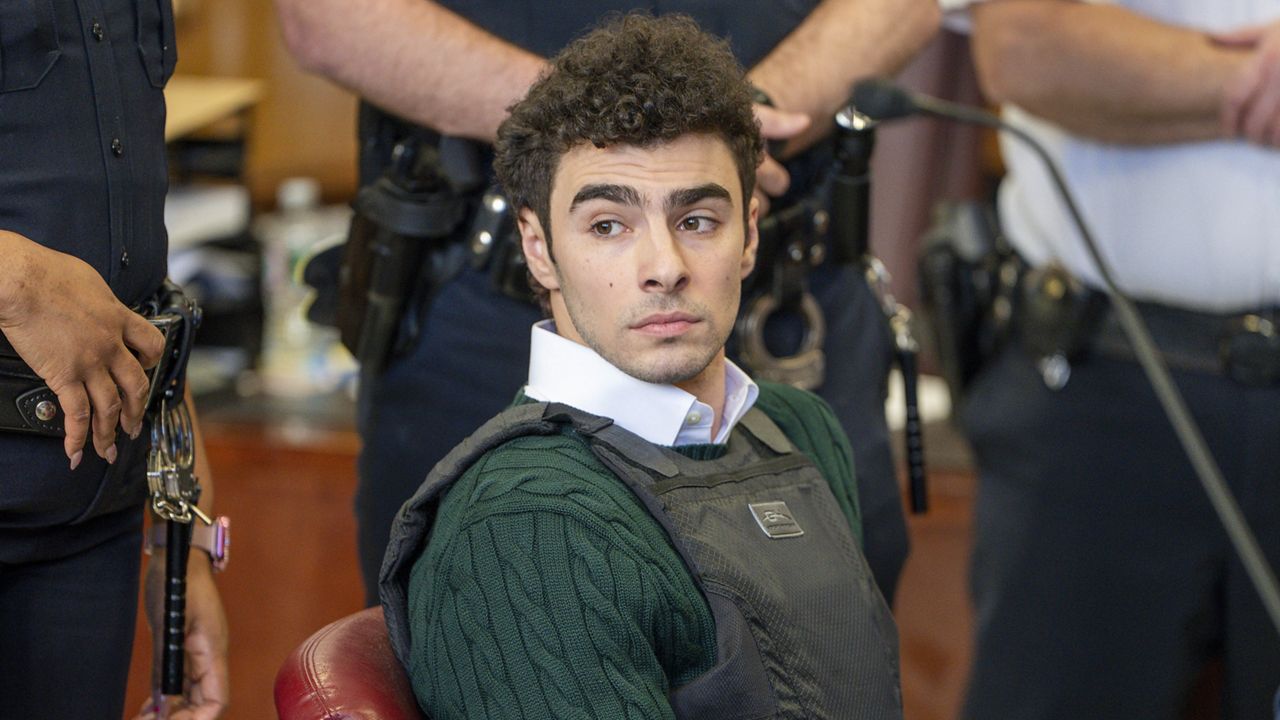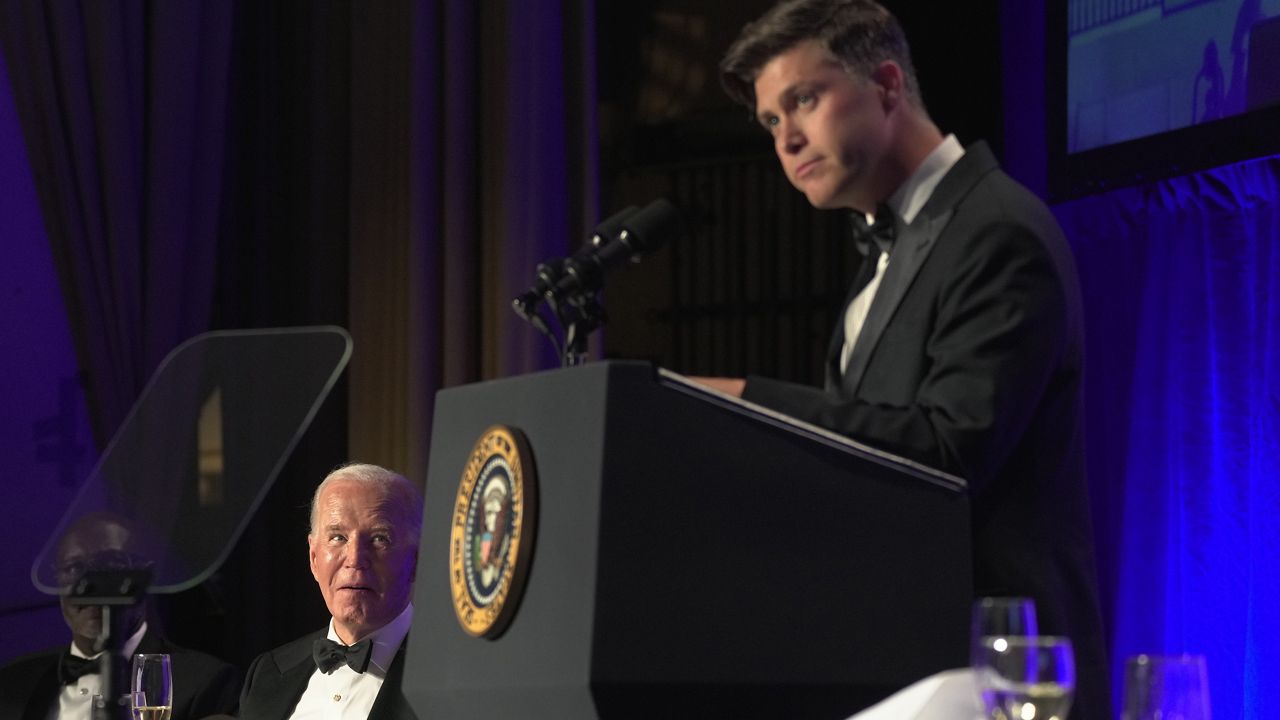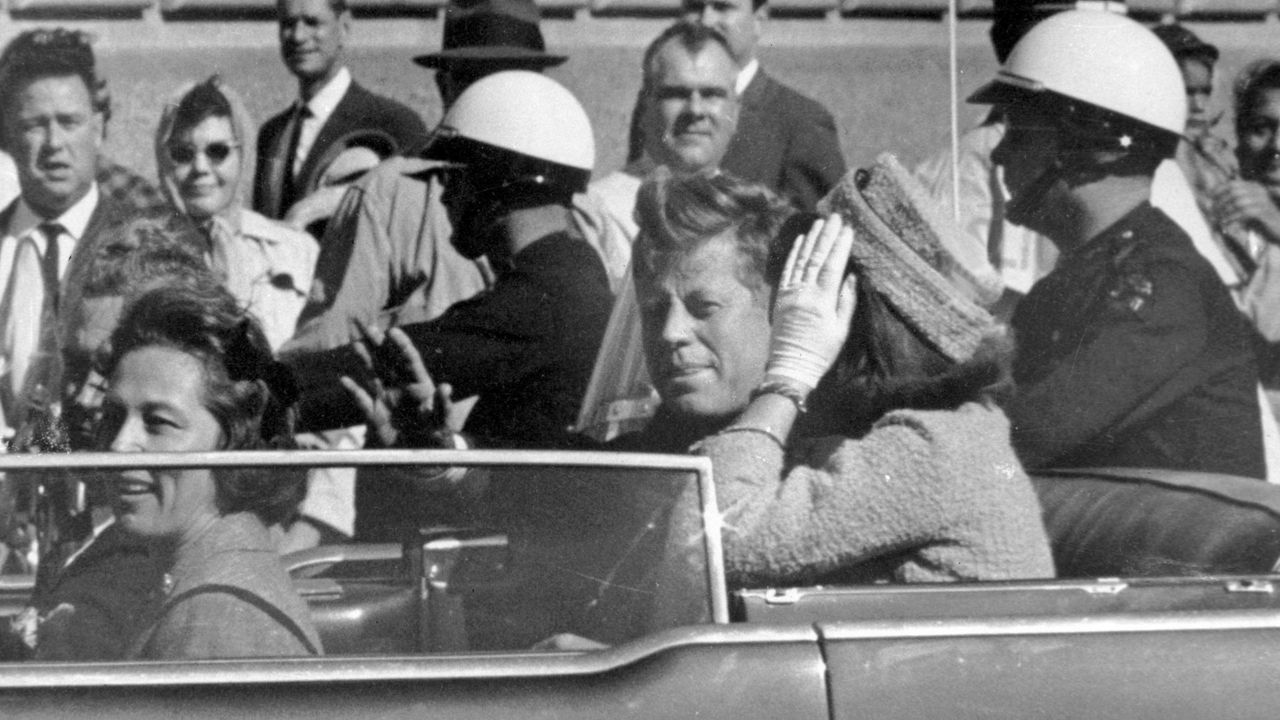LOS ANGELES — Helen Elaine Lee wakes her 4-year-old daughter up extra early to go to school. She chooses to drive almost 30 minutes to a specialized pre-K than to have her attend the school on her street along the Figueroa Corridor.
Lee grew up along the corridor in South Los Angeles, and says not much has changed. She explains the same issues with sex trafficking still exist today.
"To have to be a shield for my child to go outside and play and not find a use condom or some paraphernalia has become overwhelming," said Lee.
It is why she and her mother, Louverna Durst, have joined the Community Coalition organization calling on the removal of twelve motels along the corridor. They believe the properties facilitate hubs for sex-trafficking and would rather see the space be used for green spaces and affordable housing.
Earlier in the year, the LA City's zoning administrator deemed three motels were operating as a public nuisance and prompted their closure.
The LA City Planning and Land Use Committee then voted to revoke the appeal for the New Bay Motel to operate.
Many of the motels in the area are represented by attorney Frank Weiser, who has filed a lawsuit on behalf of the New Bay Motel against the city over this decision.
The lawsuit lists several factors they say violated their civil rights during the handling of the investigation, leading to the closure.
Weiser says they believe the claims against the motel are coming from activity in the street and not at the motel itself and argues that is why they should not be part of the appeal process.
He assured they do not rent to anyone without an ID but said they cannot turn customers away based on appearance.
"You cannot refuse somebody who comes to the motel and wants to rent a room," said Weiser. "That's both under the Unruh Civil Rights Act and various state anti-discrimination laws."
The issue has caught the attention of City Attorney Hydee Felstein Soto, who has filed a lawsuit against one of the motels along the corridor for issues related to sex-trafficking along the corridor.
"Our focus on the motels is part of a broader initiative to curb human trafficking on South Figueroa Street that I am helping to lead through a multi-jurisdictional, multi agency partnership," said Soto in a statement.
For Lee and the community members involved, the issue stems from decades of disinvestment in the community that have ignored the area and let the problem grow.
Lee said removing the motels is the first step in making the area safe for all the families that live nearby. She hopes that the motels that close will rather serve as a place for the women involved in sex work or victims of sex-trafficking to get the help they need for a caring alternative. She will continue to take her child to the school she sees as a better fit for their environment.











